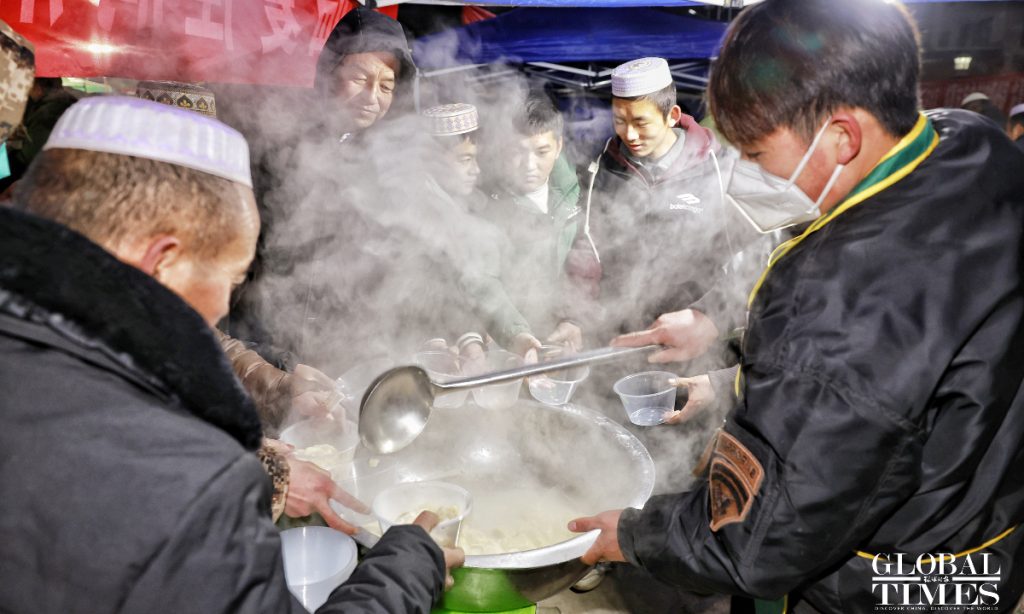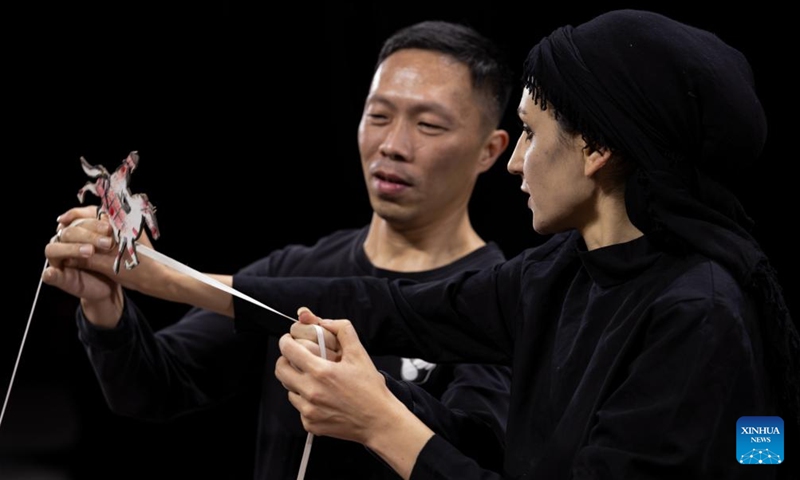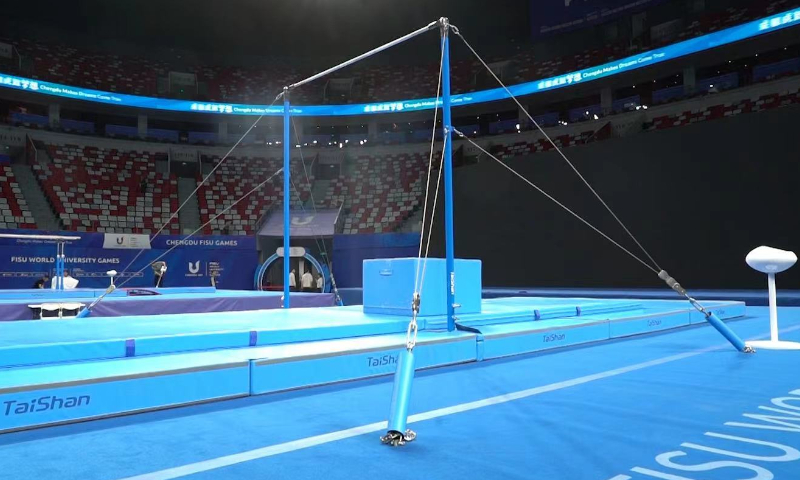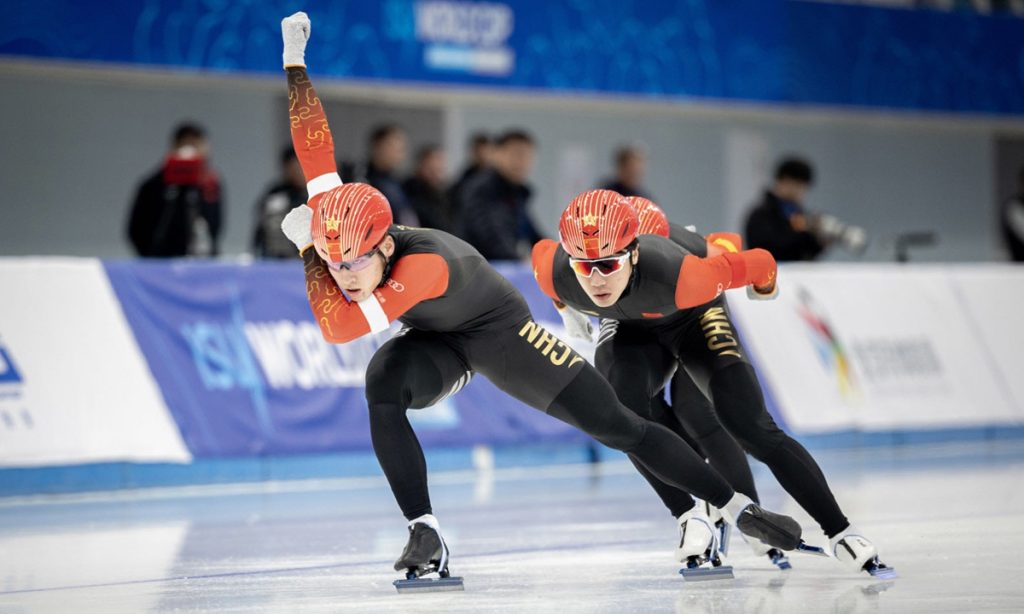Snowy, freezing weather forces multiple cities in E.China to suspend schools
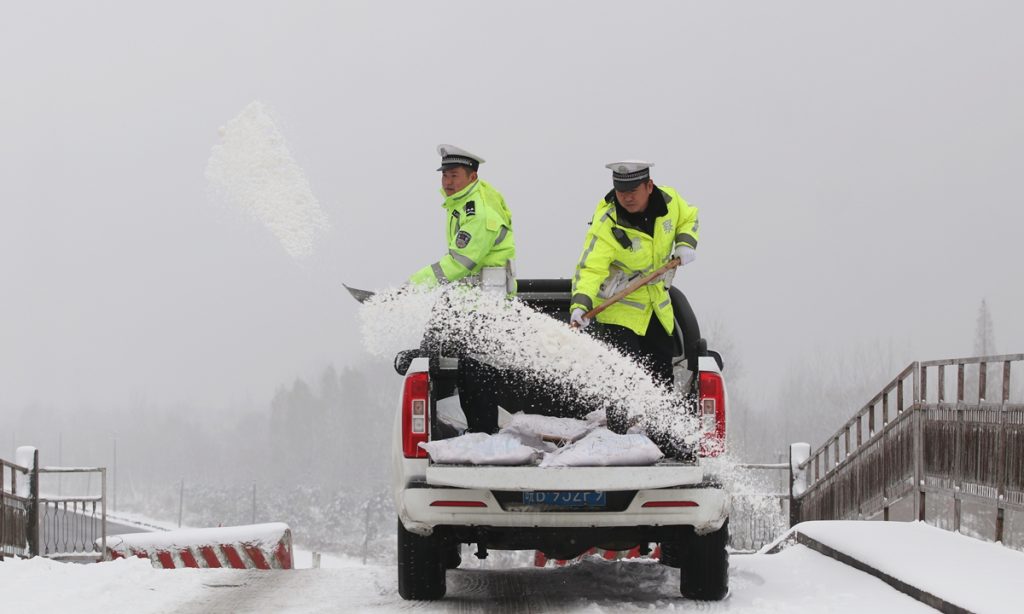
Multiple cities in East China's Jiangsu and Anhui provinces suspended schools on Tuesday due to the impact caused by rain, snow, and freezing weather, a precautionary measure taken to prioritize the safety of students and teachers.
Cities including Jiangsu's Nanjing, Changzhou and Zhenjiang, as well as Anhui's Lu'an, Wuhu and Chuzhou all have suspended classes or implemented flexible school hours to reduce risk and transportation pressure caused by the cold weather.
All primary and secondary schools, kindergartens, vocational and technician schools in Changzhou were closed on Tuesday due to the impact of the weather. Parents can apply for in-school care services if needed, and the schools will coordinate and arrange for care services, according to the Changzhou education authority on Monday.
Nanjing, capital of Jiangsu Province, implemented flexible school hours from Tuesday to Friday. "Students who don't meet the conditions for attending school can choose not to come to school, while other students can arrive late or leave early according to their actual situation," the Nanjing education authority said.
A local teacher in Nanjing surnamed Zhang told the Global Times on Tuesday that her school held classes normally while students could decide for themselves whether or not to attend based on their own situation.
Several parents from Anhui confirmed with the Global Times that local schools suspended classes on Tuesday due to the snowy weather.
"The teachers held classes online and gave homework to the children to complete at home. We totally understand the decision as the weather poses transportation as well as safety risks," Zhang, a parent of a primary school student from Anhui's Wuhu, told the Global Times on Tuesday.
Since Sunday night, the regions along the south of the Huaihe River have seen moderate to heavy snowfall, with some parts experiencing blizzards. As of 8 am on Tuesday, a total of 43 cities and counties within Anhui Province had accumulated one to nine centimeters of snow. Another cold air front is expected to affect the province from Tuesday tonight to Thursday, according to a notice released by the Anhui provincial meteorological bureau on Tuesday.
An additional work team has been dispatched to Anhui to guide the prevention of and response to disasters from rain, snow and freezing conditions, according to the Ministry of Emergency Management on Monday. The move was made as part of requirements for increased efforts in enhancing monitoring, forecasting, and issuing alerts to the public in a timely manner.
Jiangsu provincial education authorities issued a notice on strengthening prevention and response to low-temperature rain, snow, and ice disasters on Sunday. It stipulated the need to enhance risk prevention for outdoor group activities, and suspend teaching and outdoor activities if necessary.
